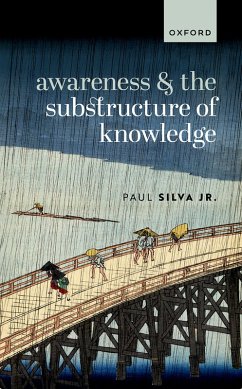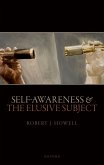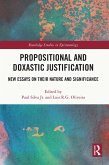To say that someone is aware of a fact is a commonplace expression, not at all a philosopher's term of art. It is often used to criticize, excuse, admonish, and inform others. Such uses of the expression presuppose the existence of a state of awareness that one can be in or fail to be in with regard to some fact. Here lies the phenomenon of factual awareness. It is conventional in epistemology to treat 'S is aware of the fact that p' as either expressing the same thought as 'S knows that p' or at least entailing it. Learning of the failure of conventional views is often both surprising and theoretically fruitful. This book presents a comprehensive case against the view that factual awareness just is knowledge or even essentially related to knowledge: factual awareness is not identical to, and it does not entail, knowing, being in a position to know, or being capable of knowing. It provides a systematic exploration of the relation between knowledge and factual awareness, arguing that knowledge is but one species of factual awareness and that we can understand the possession of objective reasons, the normativity of knowledge, and the nature of knowledge in terms of factual awareness. In this way, the state of factual awareness is, structurally and substantively, a more basic type of state than knowledge. If correct, this undermines a number of ways in which knowledge has been regarded as coming 'first' in recent epistemology.
Dieser Download kann aus rechtlichen Gründen nur mit Rechnungsadresse in A, B, BG, CY, CZ, D, DK, EW, E, FIN, F, GR, HR, H, IRL, I, LT, L, LR, M, NL, PL, P, R, S, SLO, SK ausgeliefert werden.









